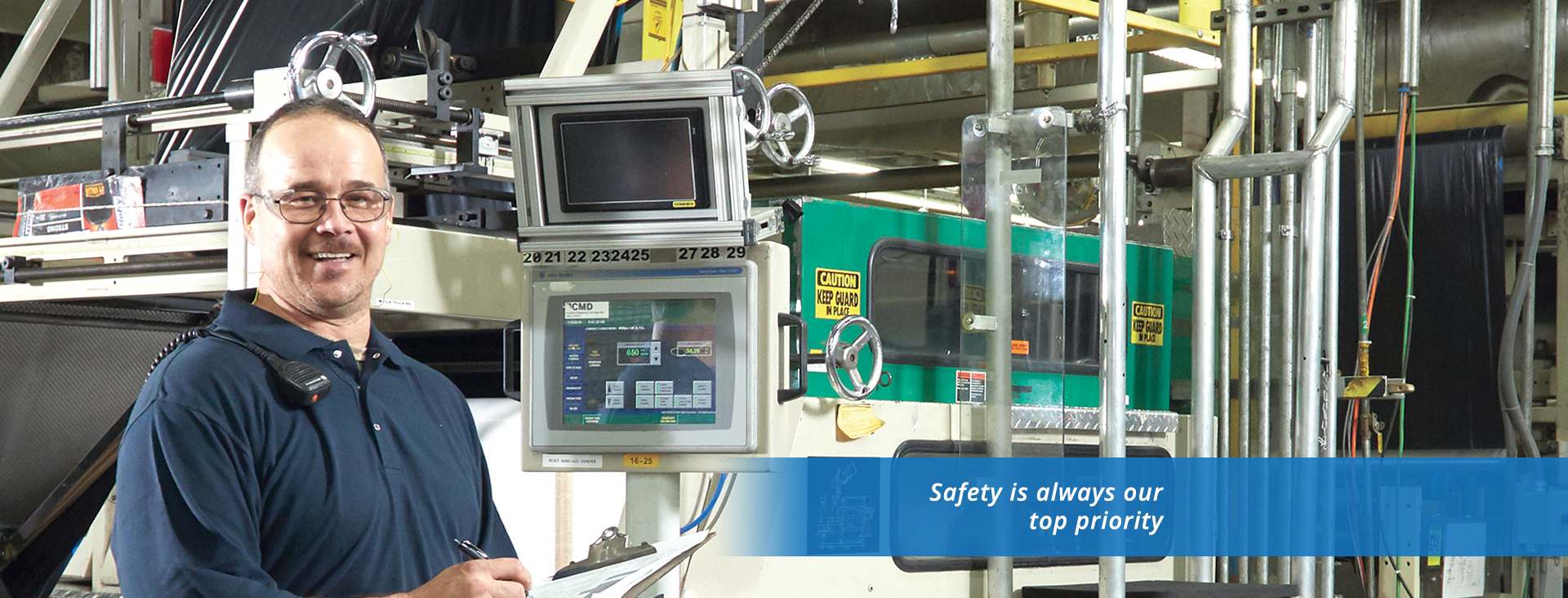Reynolds Consumer Products excited to announce that John Cena is once again teaming up with Hefty® in the brand's newest Ultra Strong™ trash bag campaign. This multimedia campaign features Cena delivering light-hearted humor while showcasing the strength and durability of Hefty ® Ultra Strong™ trash bags.
The new integrated advertising campaign will continue to roll out across platforms over the course of this year. Throughout the full campaign, Hefty wanted to call attention to the everyday moments in life that require all types of strength, while also having a bit of fun. Whether it's the strength to finish up tasks, clean up messes or even take on an overly bold raccoon competing for first dibs on garbage, the Hefty ® brand is there to support consumers every step of the way.
The ultimate trash rival, a raccoon, makes an appearance in the launch spot, titled "The Face Off," as Cena encourages a woman facing an immovable raccoon, while attempting to take out her Hefty® Ultra Strong™ trash bag, ultimately finding the strength to scare it off.
"I'm excited to continue my partnership with Hefty and have enjoyed collaborating with the brand on the latest campaign," said John Cena. "We all experience everyday challenges, and this campaign focuses on those realities, while also highlighting the strength and durability of Hefty's products in fun and unique ways – like fighting off a raccoon or two."
"John has been an incredible spokesperson for the Hefty brand over the past eight years, increasing Hefty's Top-of-Mind brand awareness seven points since 2016. We're thrilled to have him featured once again in our new campaign," said Brienne Neisewander, Vice President of Hefty® Marketing, Reynolds Consumer Products. "His signature sense of humor is on display throughout the new creative and consumers will enjoy the entertaining scenario he narrates, while also hearing what makes Hefty® Ultra Strong™ trash bags an incredible product—like the dependability of extraordinary strength delivered at an affordable price."





